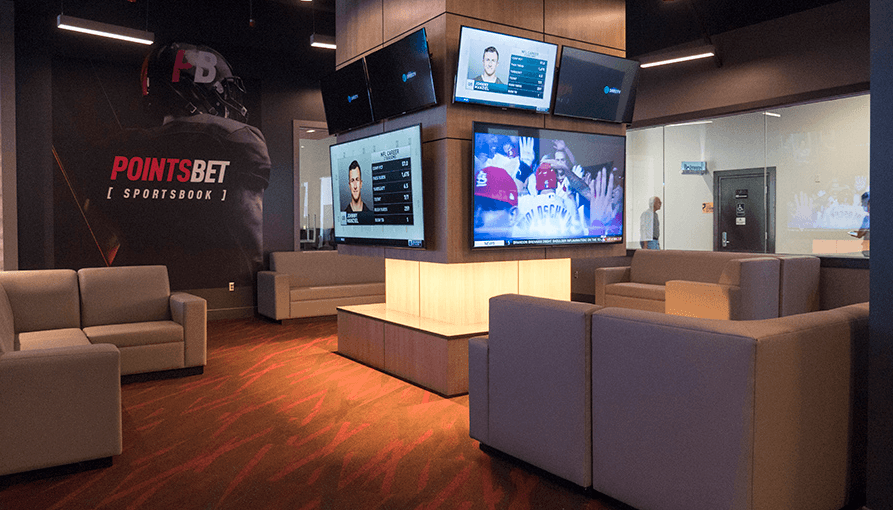GambleAware has launched its first-ever detailed report on the National Gambling Treatment Service (NGTS) today, revealing that nine out of ten of its users who completed treatment lowered their problem gambling score.
GambleAware’s first detailed report on the National Gambling Treatment Service (NGTS) has revealed that 90% of clients using the service lowered their problem gambling score by the end of treatment between April 2019 and March 2020.
The NGTS is a network of free-to-use treatment services overseen and funded by GambleAware. The service is made up of GamCare’s online and telephone treatment services, the Central and North West London NHS Foundation Trust’s problem gambling clinic and the Gordon Moody Association’s residential treatment.
The NGTS report
The report included an analysis of 9,008 clients that completed treatment provided by the NGTS between April 2019 and March 2020. According to the report, 90% of clients that received treatment saw their Problem Gambling Severity Index (PGSI) score improve.
GambleAware chief executive Marc Etches said: “The publication of this detailed analysis, of the impact the National Gambling Treatment Service can have on people receiving support, is a significant milestone.”
“GambleAware commissioned ViewItUK to independently collate and analyse output and outcome data, which will allow GambleAware to rigorously evaluate these outcomes on the basis of robust and comparable evidence.”
The report also looked at patients’ CORE-10 score, which measures an individual’s psychological distress level by asking them 10 questions and giving them a score between 0 to 40. Of the people treated by the NGTS for the 2019-20 year, 74% of patients were classed as below the “moderate” threshold for distress with a score of 15 or lower.
According to the report, a total of 86% of people who completed treatment improved their CORE-10 score.
The report also highlighted improvements in the number of people who completed treatment. According to the report, the proportion of clients who completed treatment rose from 59% in 2015-16 to 69% in 2019-20. However, 24% of patients dropped out of treatment in 2019-20, compared to 35% in 2015-16.
Diving deeper into the findings
Looking closer at the report, 90% of referrals to the NGTS were made by the individuals seeking treatment. It was also revealed that 50% of people were seen within three days of being referred to the service, while 75% of people were seen within eight days.
For the 2019-20 year, men made up 75% of patients and 89% of people fell into the white ethnic demographic. At the time of referral, the average age of patients was 34 years old.
Closer analysis also suggested that a significant number of patients began gambling much earlier than 34, with 255 of patients saying they began problem gambling by the age of 19, while 50% noticed gambling problems by the age of 24.
Looking at the other ethnic backgrounds mentioned in the report, Asian or Asian British people made up 5% of those who received treatment followed by Black or Black British, at 3%.
The report also highlighted the gambling activity that resulted in patients being referred to NGTS, revealing that several people fell into debt which led them to seek treatment. According to the findings, 71% of patients reported having debts as a result of their gambling. Of these people, 45% had debts over £5,000, were bankrupt or had individual voluntary agreements in place with creditors as a result of their gambling activity.
The average gambling spend for players in the month before the assessment was £2,102.
Of those who received treatment, 69% gambled online while an additional 38% of patients said they gambled in-person at bookmakers. No other form of gambling was played by more than 10% of those who received treatment between 2019 and 2020.
Etches added: “We are committed to informing the development of best practice and outstanding care for those experiencing gambling harms in Great Britain, and the data reporting system we are pioneering is designed to be made available to the NHS, Public Health, local authorities and other statutory and voluntary sector agencies to meet the needs of local communities.”






